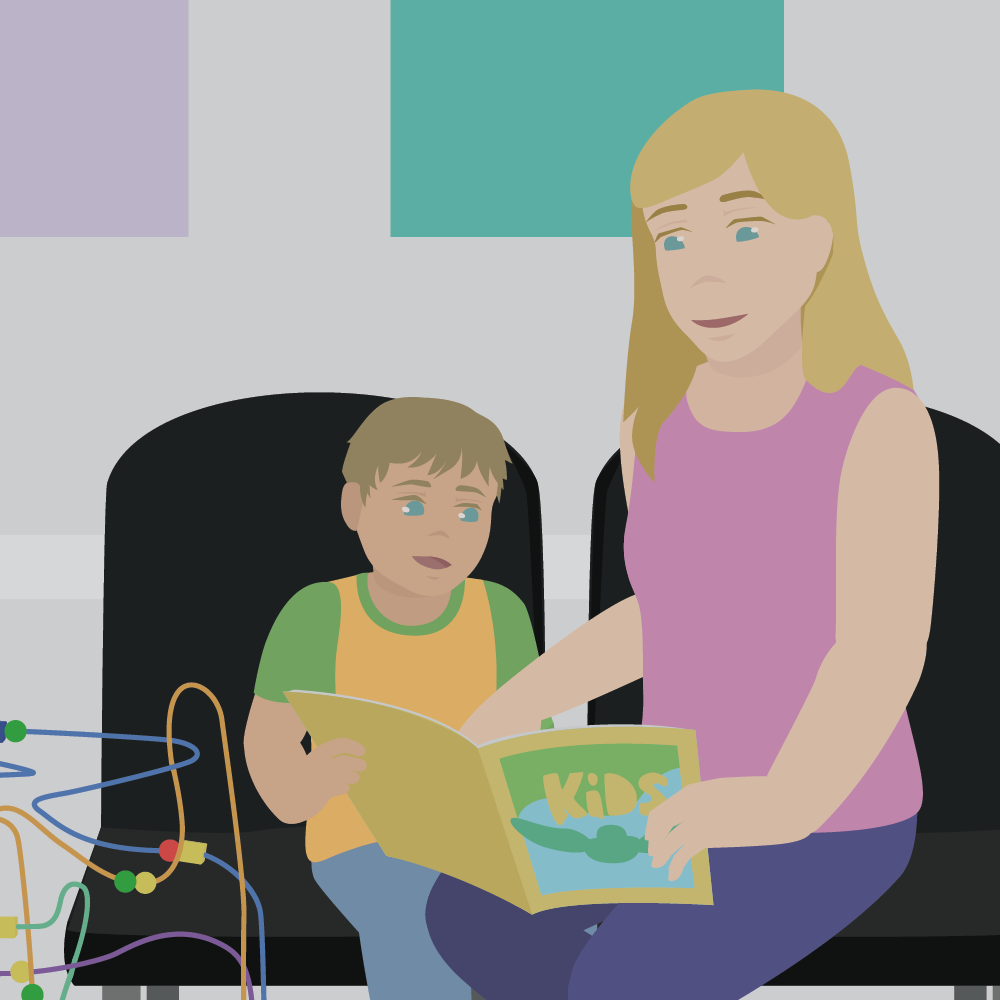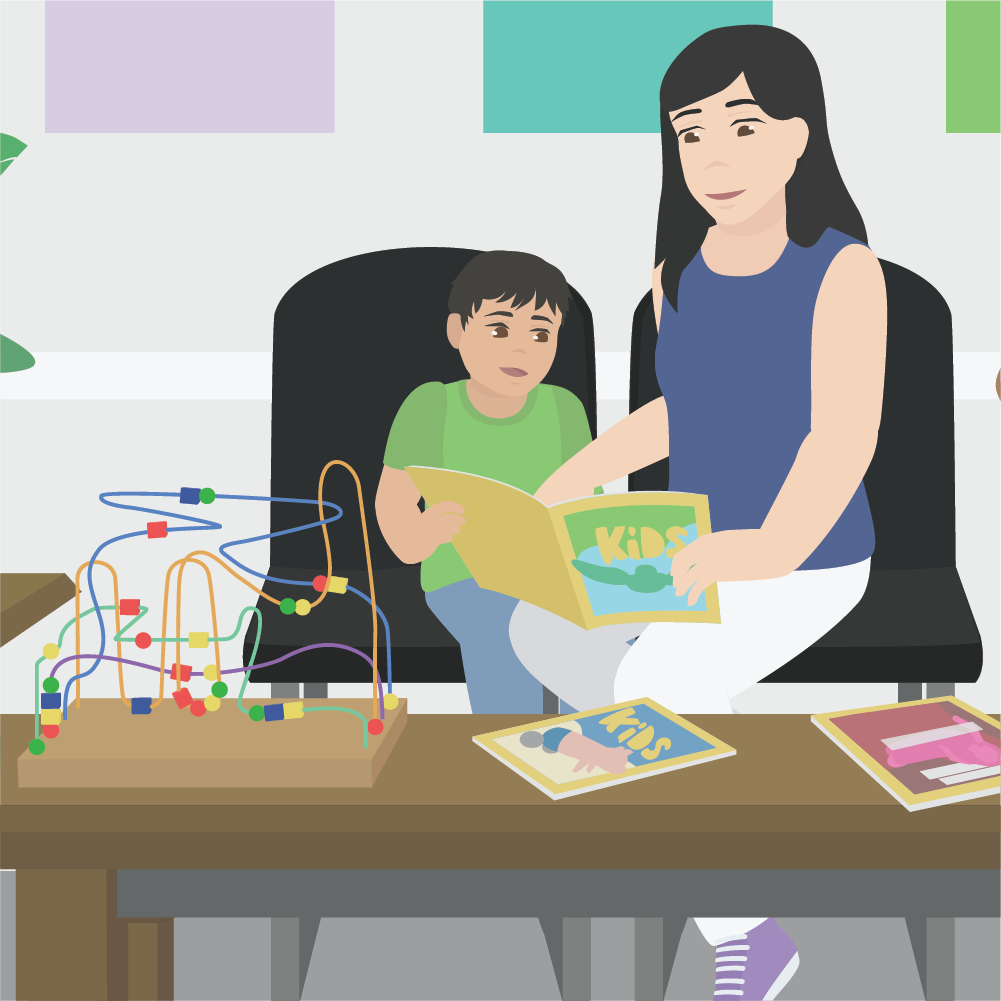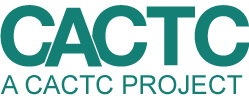The challenges of parenting may be more prevalent today than they’ve ever been before. Your kids are now back to school after long periods of virtual learning, “normal life” events are seemingly getting canceled with every spike in COVID-19 cases, and you may potentially be juggling the difficulties of working from home with your responsibilities as a parent.

Dialectical Behavior Therapy (DBT) is now becoming more popular in the realm of positive parenting, especially with helping children of all ages with emotional regulation. DBT is a type of therapy that was developed by psychologist Marsha Linehan to help people manage their emotions. Recent research suggests that DBT can also be helpful for positive parenting!
So, what is it?
DBT is a style of therapy that consists of four main modules, or lessons:
- Mindfulness: Being aware of your thoughts and emotions- but not judging them!
- Interpersonal Effectiveness: Basically, communicating with others, listening and problem-solving.
- Distress Tolerance: Learning how to “go with the flow.” We are going to experience negative feelings throughout life, so it is important to understand what you can and can’t change about a situation.
- Emotional Regulation: It can be exhausting to constantly feel like you have to manage your emotions, but the reality is that you don’t actually have to. Sometimes by accepting emotions we can’t change, we can learn how to navigate life’s challenges better.
If your child acts up out of anger, you may want to yell or become frustrated with them. And that’s totally normal! However, it is important to set boundaries and communicate with your kids to help them build problem-solving skills.
For example: say your child angrily hits a sibling. You can say, “I understand you were upset. Tell me why. Now let’s discuss why it is never OK to hit someone, and what you can do instead.” This both validates what your child is feeling, but also explains why the reaction was not OK. This will also help you understand them better.
By understanding the basics of DBT, you and your kids can learn to be more present in the moment, appreciate the positive, reduce the impact of the negative, and communicate with each other!
References:
Crandall, A., Deater-Deckard, K., & Riley, A. W. Maternal emotion and cognitive control capacities and parenting: A conceptual framework. 2015. Developmental Review, 36, 105–126. https://doi.org/10.1016/j.dr.2015.01.004
Fraga, Juli. “Therapy for Every Budget: How to Access It.” Healthline, 2021.
Dimeff, L. & Linehan, M.M. “Dialectical Behavior Therapy in a nutshell.” 2001. The California Psychologist
Maureen Zalewski, Jennifer K Lewis, Christina Gamache Martin, Identifying novel applications of dialectical behavior therapy: considering emotion regulation and parenting. 2018. Current Opinion in Psychology, Volume 21, Pages 122-126.
Mazza, James, et.al. DBT Skills in Schools: Skills Training for Emotional ProblemSolving for Adolescents. 2016. The Guilford Press.



